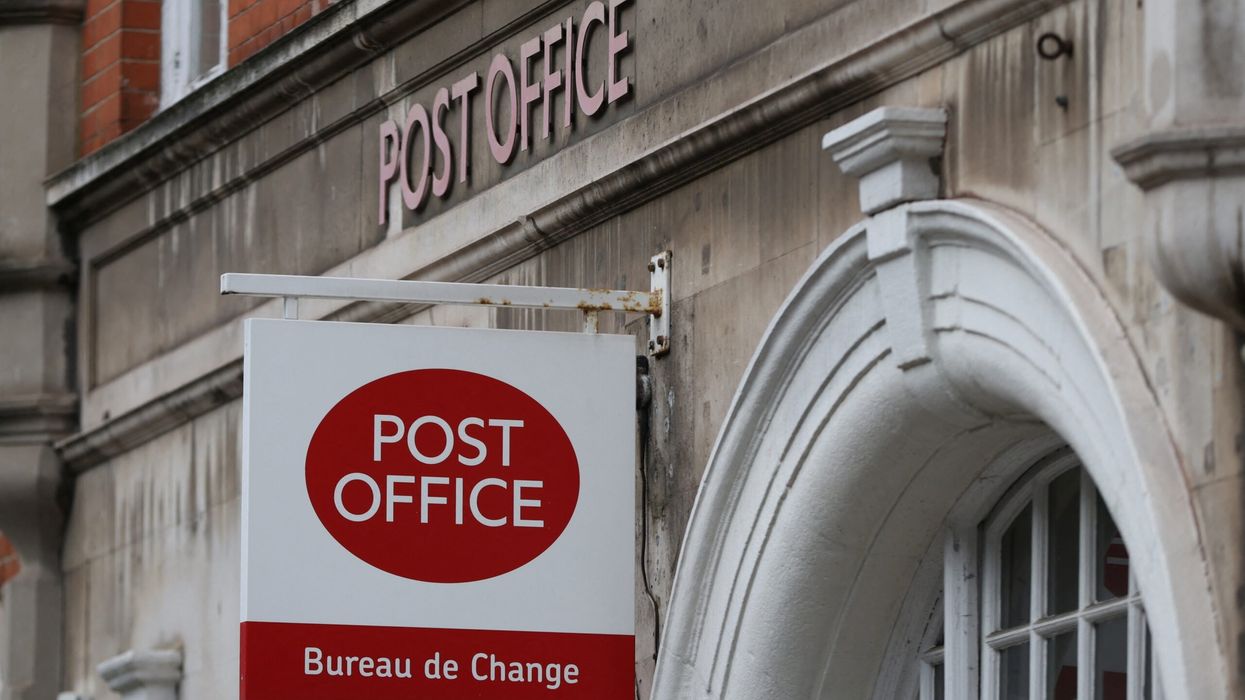A FORMER sub-postmaster who was wrongfully imprisoned in the Horizon IT scandal has rejected a £600,000 compensation offer, saying that it does not adequately reflect the suffering he endured.
The faulty Horizon computer system falsely implicated Sunil Patel, 62, in stealing £48,000 while running a Post Office in Kent between 2008 and 2009, reported the Telegraph.
After being convicted of falsifying accounts, Patel was sentenced to 15 months in prison, serving nine months before being released early for good behaviour.
The Horizon IT system, used by the Post Office, wrongly accused more than 900 sub-postmasters of theft. These errors led to widespread legal action against many, including Patel.
His conviction was overturned recently, which he described as a “weight being lifted.” However, the compensation offered by the government, which includes the £48,000 he was forced to repay, falls short in his view.
Patel now works for HM Revenue and Customs, but the repercussions of the wrongful conviction have been severe. He had to sell two properties to cover his debt and took a business loan of £180,000.
“They are offering one-off compensation for £600,000 which includes your shortfall. I was told I could take that if I wanted, but if I think it’s not fair I can fight them for a fairer amount. I had to go through so much suffering to pay off that £48,000," he was quoted as saying.
“After the 15 years I have suffered and the really heavy losses, it [the £600,000] doesn’t compare to what would have happened if I hadn’t gone through that. People who didn’t go to prison were offered that, and I had to go for nine months.”
According to Patel, the experience of being wrongly branded a criminal had been the most difficult period of his life. He added that it wasn’t just him who suffered; his family faced the social stigma as well.
During his imprisonment, his wife and daughters had to continue running the family business, constantly dealing with questions and suspicion from the community. His children were particularly affected, with his eldest daughter cutting short her final year at university to help at the shop, while his other daughters faced public embarrassment at school.
In addition to his personal struggles, Patel had tried multiple times to report discrepancies in the Post Office’s financial records but was ignored. When legal action was taken against him, he felt pressured into pleading guilty to avoid plunging his family further into debt.
The Post Office branch he managed was closed, and security personnel searched the premises as part of the investigation.
The Department for Business and Trade (DBT) has established a compensation scheme for sub-postmasters whose convictions have been quashed. Claimants can either accept a fixed settlement of £600,000 or opt for a more thorough assessment, which Patel has chosen, in the hope of receiving fairer compensation.
The Post Office has issued an apology, acknowledging the distress caused by the scandal.
A DBT spokesperson said: “We recognise that for postmasters who have had to endure hardships, or even jail time like Mr Patel, no amount of compensation will ever be enough, and that they have waited too long to receive redress.
“We’re working tirelessly across government to bring Mr Patel and others who have had their Horizon convictions overturned with full, fair and swift redress, and have already paid out £363 million to more than 2,900 claimants across four schemes.”





